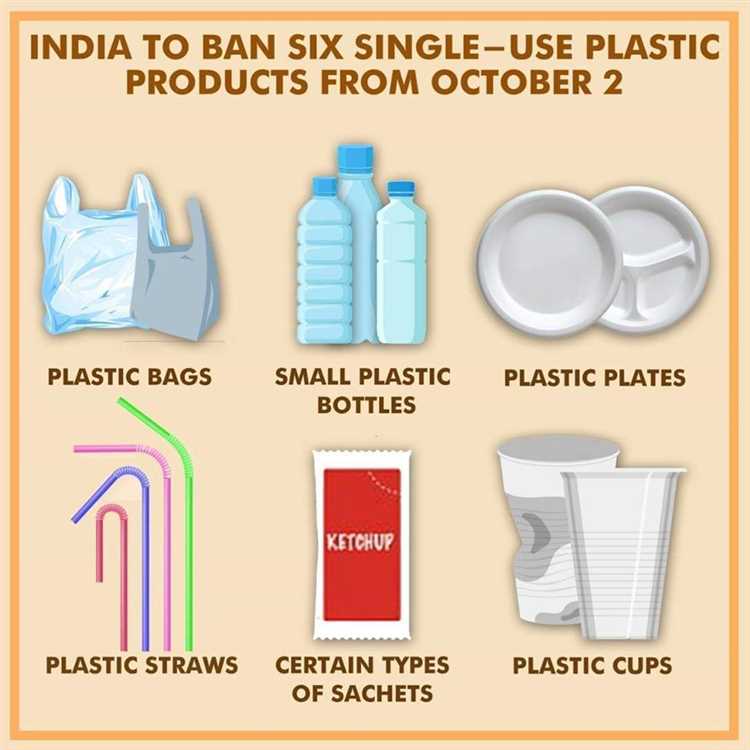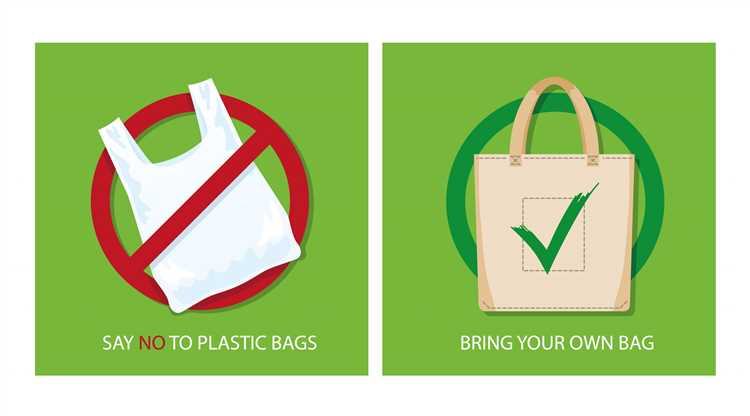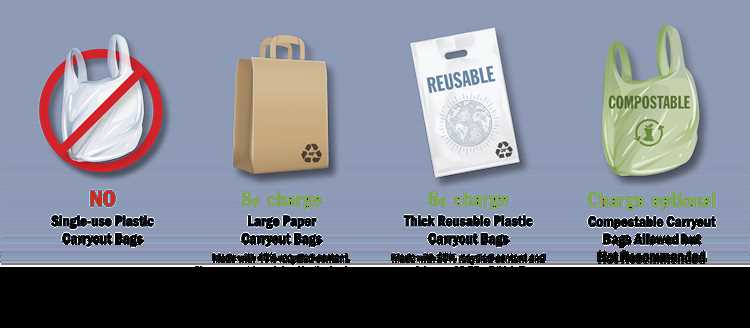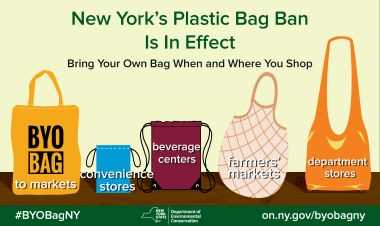In recent years, the issue of plastic pollution has gained global attention. As a result, many countries and cities have taken steps to reduce plastic waste, with one common measure being the ban on single-use plastic bags. While the plastic bag ban is a positive step towards a more sustainable future, it is crucial to educate the public about the reasons behind the ban and the importance of sustainable alternatives.
One key aspect of raising awareness about the plastic bag ban is highlighting the detrimental impact of plastic bags on the environment. Plastic bags are not biodegradable and can take hundreds of years to decompose. They often end up in our oceans and waterways, posing a serious threat to marine life. By educating the public about these environmental consequences, we can encourage individuals to make more sustainable choices and reduce their reliance on plastic bags.
Furthermore, education about the plastic bag ban should focus on promoting sustainable alternatives. Reusable bags made from materials such as cotton or jute are an excellent alternative to single-use plastic bags. These bags are durable, easy to clean, and can be used multiple times, significantly reducing the amount of plastic waste generated. By emphasizing the benefits of reusable bags, we can motivate individuals to switch to these eco-friendly alternatives and support the plastic bag ban.
Education about the plastic bag ban should not only target individuals but also businesses and retailers. By informing businesses about the environmental impact of plastic bags, we can encourage them to find more sustainable packaging solutions. This can include promoting the use of paper bags, offering incentives for customers who bring their own bags, or even exploring innovative packaging alternatives. By involving businesses in the movement towards sustainability, we can create a more significant impact and ensure the success of the plastic bag ban.
- Understanding the Plastic Bag Ban
- Why are plastic bags banned?
- What are the alternatives?
- Why is the Plastic Bag Ban Important?
- 1. Environmental Impact
- 2. Energy and Resources
- 3. Microplastic Pollution
- 4. Encouraging Sustainable Practices
- The Negative Impacts of Plastic Bags
- Education and Awareness Campaigns
- Question-answer:
- What is the plastic bag ban?
- Why is the plastic bag ban important?
- What are some alternatives to plastic bags?
- How can education help in raising awareness about the plastic bag ban?
- What can individuals do to support the plastic bag ban?
- Why is education important when it comes to the plastic bag ban?
- What are some effective ways to educate people about the plastic bag ban?
Understanding the Plastic Bag Ban
In recent years, there has been a growing concern about the negative impact of plastic bags on the environment. These single-use bags are non-biodegradable and often end up in landfills or as litter on our streets and in our oceans, posing a serious threat to wildlife and ecosystems.
To address this issue, many governments and communities around the world have implemented plastic bag bans or restrictions. These bans aim to reduce plastic waste and encourage the use of more sustainable alternatives.
Why are plastic bags banned?

The primary reason for banning plastic bags is their harmful effects on the environment. Plastic bags take a long time to break down, often hundreds of years, and during this process, they release toxic chemicals into the soil and water. Additionally, the production of plastic bags requires large amounts of fossil fuels and contributes to greenhouse gas emissions.
What are the alternatives?
There are several alternatives to plastic bags that are more environmentally friendly. One popular option is reusable bags made of materials such as cotton, canvas, or jute. These bags can be used multiple times, reducing the need for single-use plastic bags. Another option is biodegradable bags made from plant-based materials, such as cornstarch or potato starch. These bags break down more quickly and are less harmful to the environment.
| Advantages of the Plastic Bag Ban | Disadvantages of the Plastic Bag Ban |
|---|---|
|
|
Why is the Plastic Bag Ban Important?

The plastic bag ban is an important step towards reducing our impact on the environment and promoting sustainability. Here are some reasons why the ban is necessary:
1. Environmental Impact
Plastic bags have a significant negative impact on the environment. They are a leading cause of pollution in oceans, rivers, and other natural habitats. They take hundreds of years to decompose and can harm wildlife when they are mistaken for food or become entangled in them. By banning plastic bags, we can reduce the amount of plastic waste that ends up in our ecosystems.
2. Energy and Resources

Producing plastic bags requires a large amount of energy and resources such as oil and water. By banning plastic bags, we can conserve these valuable resources and reduce our dependence on fossil fuels. This can help to mitigate climate change and protect our planet for future generations.
3. Microplastic Pollution
Plastic bags contribute to the growing problem of microplastic pollution. As they break down into smaller pieces, they release microplastics into the environment, which can be ingested by marine life and enter the food chain. By banning plastic bags, we can reduce the amount of microplastics that end up in our waterways and food sources, protecting both human and animal health.
4. Encouraging Sustainable Practices
The plastic bag ban encourages individuals and businesses to adopt more sustainable practices. By eliminating the convenience of single-use plastic bags, people are encouraged to bring their own reusable bags or choose alternatives such as paper bags or biodegradable options. This shift in behavior promotes a more environmentally conscious mindset and fosters a culture of sustainability.
Overall, the plastic bag ban is an important step towards reducing plastic waste, protecting the environment, and promoting a more sustainable future. It is a collective effort that requires awareness, education, and widespread participation to make a lasting impact.
The Negative Impacts of Plastic Bags
Plastic bags have become a ubiquitous part of our daily lives, but their convenience comes at a high cost. Here are some of the negative impacts associated with plastic bags:
1. Environmental pollution: Plastic bags are non-biodegradable, meaning they do not break down naturally over time. This leads to a massive buildup of plastic waste in landfills and oceans. The pollution caused by plastic bags is a threat to marine life and ecosystems.
2. Wildlife endangerment: Animals often mistake plastic bags for food or become entangled in them. This can lead to injury, suffocation, and even death. Many marine animals, such as turtles and birds, are particularly vulnerable to the dangers posed by plastic bags.
3. Resource depletion: Plastic bags are made from petroleum, a non-renewable resource. The production of plastic bags contributes to the depletion of this resource, which could have negative implications for future generations.
4. Climate change: The manufacturing and disposal of plastic bags contribute to greenhouse gas emissions, further exacerbating the issue of climate change. Plastic bags also contribute to the overall consumption of fossil fuels, which are a major driver of global warming.
5. Aesthetic impact: Plastic bags are often found littering streets, parks, and natural areas, creating an unsightly and unappealing visual impact. This not only detracts from the beauty of our surroundings but also negatively affects tourism and local economies.
These negative impacts highlight the urgent need to reduce and eliminate our dependence on plastic bags. By raising awareness and encouraging sustainable alternatives, we can work towards a healthier and more environmentally-friendly future.
Education and Awareness Campaigns

Education and awareness campaigns play a crucial role in ensuring the success of the plastic bag ban. By informing the public about the environmental impact of plastic bags and the benefits of reducing their usage, these campaigns can encourage individuals and communities to adopt more sustainable habits.
One effective approach is to launch a comprehensive educational campaign that targets both adults and children. This can include workshops, seminars, and educational materials that highlight the negative consequences of plastic bag pollution. By understanding the damage caused by plastic bags to marine life, ecosystems, and human health, people are motivated to make a change.
Collaboration with local schools and educational institutions is essential to establish a culture of sustainability from a young age. Incorporating lessons on plastic pollution and eco-friendly alternatives to plastic bags can help students develop a sense of environmental responsibility. Additionally, organizing clean-up drives and nature observation activities can help students witness the effects of plastic bag pollution firsthand.
Digital outreach campaigns can also play a significant role in raising awareness and educating the public. Through social media platforms, websites, and mobile applications, information about the plastic bag ban can reach a wider audience. Posting engaging content, sharing success stories, and providing practical tips and alternatives to plastic bags can inspire individuals to join the movement.
Collaborating with local businesses and retailers is crucial in spreading awareness about the plastic bag ban. Encouraging businesses to display educational materials and offering incentives for customers who bring their own reusable bags can reinforce the message of sustainability. In addition, partnerships with nonprofits and environmental organizations can help amplify the impact of the education and awareness campaigns.
Monitoring and evaluating the effectiveness of the education and awareness campaigns is important to ensure continuous improvement. Collecting feedback from participants, assessing the reach and engagement of the digital campaigns, and tracking changes in individual behavior will provide valuable insights for future initiatives.
By implementing comprehensive education and awareness campaigns, it is possible to create a collective understanding of the plastic bag ban and inspire long-term behavioral changes towards sustainability.
Question-answer:
What is the plastic bag ban?
The plastic bag ban refers to the prohibition of single-use plastic bags by local governments or businesses in order to reduce plastic waste and encourage the use of reusable alternatives. It is a measure taken to promote sustainability.
Why is the plastic bag ban important?
The plastic bag ban is important because single-use plastic bags are a major source of pollution. They take hundreds of years to decompose and contribute to the contamination of oceans, rivers, and landfills. By implementing the ban, we can significantly reduce plastic waste and protect the environment.
What are some alternatives to plastic bags?
There are several alternatives to plastic bags, including reusable cloth bags, paper bags, and biodegradable bags made from plant-based materials. These alternatives are more sustainable as they can be used multiple times or decompose easily without causing harm to the environment.
How can education help in raising awareness about the plastic bag ban?
Education plays a crucial role in raising awareness about the plastic bag ban. By providing information about the harmful effects of single-use plastic bags and promoting the use of alternative options, education can help individuals understand the importance of sustainability and make more environmentally-friendly choices.
What can individuals do to support the plastic bag ban?
There are several actions individuals can take to support the plastic bag ban. They can carry reusable bags when shopping, refuse single-use plastic bags, and opt for alternative options such as cloth or biodegradable bags. Additionally, individuals can participate in local initiatives and spread awareness about the ban to encourage others to make sustainable choices.
Why is education important when it comes to the plastic bag ban?
Education is important when it comes to the plastic bag ban because it helps raise awareness about the environmental impact of single-use plastic bags and the benefits of using reusable bags. By educating people about the harmful effects of plastic bags on wildlife and the ecosystem, it encourages them to make more sustainable choices and switch to reusable alternatives.
What are some effective ways to educate people about the plastic bag ban?
There are several effective ways to educate people about the plastic bag ban. One approach is to hold informational campaigns and workshops that provide facts and statistics about the environmental impact of plastic bags. Another way is to collaborate with schools and include plastic bag ban topics in the curriculum, teaching students at a young age about the importance of reducing plastic waste. Additionally, using social media platforms and traditional media outlets to spread awareness and share success stories can also be effective.